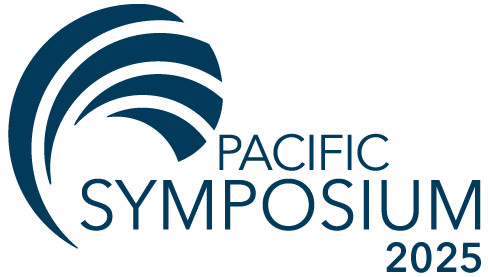Claims on the Rise: New Requirements for Acupuncturists
More comprehensive regulations are emerging nationwide, yet acupuncturists are being caught unaware and uninformed, resulting in complaints against them from state boards. Learn about small changes you can make to protect your practice, simple tools for patient communication, and how to approach informed consent. The panel of experts will include the editor of Acupuncture Today and current and past members of the NCCAOM, American Acupuncture Council, CSOMA, and the American Society of Acupuncturists. Includes 2 Ethics credits required by NCCAOM (pending).
Clinical Trials in Chinese Herbology
This talk will address special considerations regarding Chinese herbal botanicals in clinical trials conducted in the US, including a general overview of getting FDA approval for an Investigational New Drug (IND) study and addressing concerns about safety.
Stroke in COVID Times: Introduction to Rehabilitation, Prevention, and Risk Assessment
Stroke is already prevalent in the US and increasing along with diabetes and other metabolic- and inflammation-related illnesses. COVID-19 patients are at elevated risk of stroke and other neurological diseases, both during and after acute infection. Dr. Citkovitz will discuss current best available research on these emerging health challenges, and what we as acupuncturists can do to help.
Dao Dan Pai Qigong Exercises
Dao Dan Pai qigong exercises are a series of standing exercises that harmonize and balance the major energy channels of the body. First taught in the West by Taoist Master Share K. Lew, a Taoist monk from the Yellow Dragon Temple in the Lo Fo Shan mountains of Guangzhou, China, these exercises integrate movement with breath and posture to activate and balance qi.
Dao Dan Pai Qigong Exercises
Dao Dan Pai qigong exercises are a series of standing exercises that harmonize and balance the major energy channels of the body. First taught in the West by Taoist Master Share K. Lew, a Taoist monk from the Yellow Dragon Temple in the Lo Fo Shan mountains of Guangzhou, China, these exercises integrate movement with breath and posture to activate and balance qi.
Transforming Trauma: Cultivating Capacity in the Kidney/Heart Axis (2-day workshop)
The kidney/heart axis is fundamental to our core regulation. It is an embodied expression of the dynamic tension between yin and yang, water and fire, brain stem and neocortex, and sympathetic and parasympathetic autonomic function. It can also be profoundly disturbed in survivors of complex trauma. Learn innovative, East-meets-West approaches to supporting balance and regulation in the kidney/heart axis in trauma survivors.
The Four Pivotal Patterns in Dermatological Disease
To succeed in composing a formula of herbs, first you must understand the pattern type according to Chinese medicine theory. In dermatological disease, most of that information results from close study of the skin lesions. We shall explore the four pivotal patterns seen in skin disease and their manifestations in a clinical setting, as well as discussion of real clinical cases.
Five Element Strategies for Trauma Survivors with Complex Multi-System Illness*
Not all stress is the same. Positive stress is short-term, like walking quickly to work after oversleeping, while tolerable stress, such as a major illness, can have varying impacts. With support, it doesn’t overwhelm us in the long term. Positive and tolerable stressors can promote resilience and teach us coping skills. In long-term trauma survivors, however, tolerable stress can be experienced as toxic stress. This may help explain the disproportionate impact of COVID-19, both acute and long-haul, upon marginalized communities.
TCM and Sexuality: A More Perfect Union
In this course, we will look at human sexology/sexuality, and how to approach related disorders in the clinic. Where does libido come from, and how do we diagnose complaints? How does sexuality differ between men and women according to Chinese medicine? This course will be highly practical, looking at a wide range of typical complaints in this important specialty.
The Fundamentals of Treating Atopic Dermatitis with Chinese Medicine*
Of the dozen or so forms that exist, atopic dermatitis (allergic eczema) is easily the most common. Chinese medicine has proven so effective at treating this disease that every practitioner should know how to treat it. It controls the acute phases of this disease and restores an equilibrium to the body that can ensure long-term stability of the skin.
